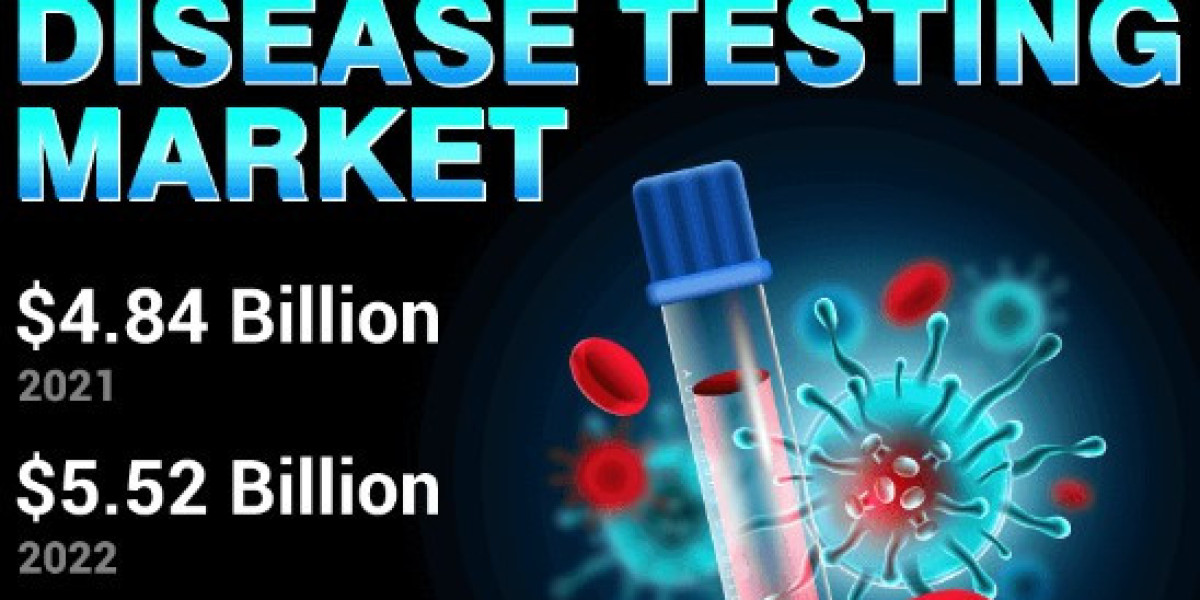The global sports apparel market share was valued at USD 195.50 Billion in 2022 and is expected to reach USD 203.26 Billion in 2023. The industry is projected to be valued at USD 271.77 Billion by 2030, recording a CAGR of 4.24% during the forecast period.
The market has registered steady growth in recent years due to factors, such as new product launches and rising participation in sports activities in countries, such as India, the U.S., and others. The growing preference for outdoor recreational activities among the young population has contributed significantly towards the sales of sports apparel. This aspect, along with rising health consciousness and growing inclination towards sports will accelerate the global sports apparel market growth.
Fortune Business Insights™ presents this information in a report titled, "Global Sports Apparel Market, 2023-2030."
List of Key Players Profiled in the Sports Apparel Market Report:
- Nike, Inc. (U.S.)
- Adidas AG (Germany)
- Puma SE (Germany)
- Lululemon Athletica, Inc. (Canada)
- Under Armour, Inc. (U.S.)
- Columbia Sportswear Company (U.S.)
- Asics Corporation (Japan)
- FILA Holdings Corp. (South Korea)
- Mizuno (Japan)
- LI Ning Company Limited (China)
Segmentation:
Tops T-shirts Witness Strong Rise in Sales, Might Fuel Market Growth
Based on product, the global sports apparel market is divided into tops t-shirts, trousers tights, shorts, and others. The tops t-shirts segments account for the largest market share and may register a strong CAGR during the forecast period. More women are taking part in athletics every year. More people are also participating in outdoor recreational activities. In addition, companies are introducing new top and t-shirt designs collections. For example, in August 2022, luxury fashion brand HM launched its new sportswear brand ‘HM Move’. The brand will cater to the ever-growing demand for active wear among consumers. The new lineup consists of functional tops, lightweight jackets, and a wide range of tights and bras, along with garments designed to train and run.
Growing Participation of Women in Sports and Recreational Activities to Boost Sports Apparel Adoption
Based on demography, the market is segmented into men, women, and kids. The women segment is predicted to account for a sizeable market share. The growing percentage of women participating in sports and other outdoor recreational activities will fuel the adoption of tights, sports tops, and other garments. Many companies are launching new products to cater to the new market space.
For instance, in August 2021, ONLY, one of the leading European fashion brands for women, entered the sports apparel segment with its new collection “Only Play”. This launch was aimed at strengthening its position as a fashion-forward brand in the market by providing a wide range of products to meet the rising demand from millennial women. The collection includes tops, tights, tank tops, shorts, and other items with technical specialties, such as removable and non-removable padding, racerback style, functional pockets, and windproof breathability to offer stability and comfort to women while performing their daily activities.
Growing Chain of Retail Outlets to Improve Product Sales
In terms of distribution channel, the industry is bifurcated into online and offline. The offline segment is expected to capture a larger share during the forecast timeline. Many reputed brands, such as Nike, Lululemon, Adidas, and more are opening their own retail outlets. For instance, as per Nike's 2022 annual report, the brand had 344 stores in the U.S. and 702 stores outside the country. These initiatives will spur the growth of offline distribution channels.
Report Coverage:
The global sports apparel market report makes a detailed analysis of the industry and underlines crucial factors, such as competitive landscape, prominent companies, product types, share analysis, demographics, distribution channels, and market sizing. The research report also offers insights into the latest market trends and highlights important industry development in regions including North America, Europe, Asia Pacific, and South America. In addition, the report encompasses several other factors contributing to the market's growth.
Drivers and Restraints:
Comfort and Breathability Offered by Sports Apparel to Drive Market Development
Several companies are launching a wide range of sportswear materials that can absorb sweat and keep the person cool and dry. Fabrics, such as cotton, spandex, microfiber, nylon, polyester, and calico are popularly used to make this apparel as these fabrics can make workout sessions comfortable by supporting body movements with optimal elasticity. For instance, in September 2022, Nike unveiled its latest innovation in the materials used to manufacture apparel called “Forward”, which is manufactured with the help of a new production process that uses lesser steps and consumes lesser energy. The material has a lower density as compared to that of woven or knitted, making it more comfortable for athletes and a suitable alternative for climate-conscious clients.
Fluctuating Raw Materials Prices to Restrain Market Development
Yarns and other fabrics used to make sports apparel have a time-consuming production process. According to the United Nations Conference on Trade and Development, the production of textiles takes place in a few major countries, such as India, China, Bangladesh, Pakistan, Brazil, and Turkey. For example, the India Brand Equity Foundation (IBEF) stated that India was the largest cotton producer, manufacturing around 362.18 lakh bales during the cotton season of 2021-22. The production of cotton is seasonal and depends on natural factors, such as rainfall, humidity, solar radiation, and others. Furthermore, the production of synthetic fibers, such as nylon, rayon, and polyester uses crude oil in large quantities. These factors are anticipated to restrain the market progress.
Regional Insights:
Rising Influence of Sports to Boost North American Market Growth
The global sports apparel industry is segmented into North America, Europe, Asia Pacific, South America, and Middle East Africa. North America accounted for the largest market share owing to the growing consumer base for these products in the U.S. The region is heavily influenced by sports, such as basketball, football, and baseball, which has contributed significantly to the market progress. Furthermore, introduction of new products by market players will also fuel the demand for sports apparel in this region. For instance, in July 2022, DRAKE'S NOCTA announced plans to launch its new basketball apparel collection in collaboration with Nike. The collection will include performance-based garments, such as workout hoodies, tees, shorts, and socks.
APAC Region Witnesses Robust Participation in Sports
The Asia Pacific region is also holding a sizeable share in the global sports apparel market. The region is noticing robust participation in sports. The influence of sports is also growing in countries, such as India, Bangladesh, China, Australia, and others. The introduction of new sports events will further boost the sales of sportswear products. For instance, in September 2022, the Basketball Federation of India (BFI) unveiled the Indian National Basketball League (INBL) 5×5, which will see Bengaluru, Chandigarh, Chennai, Delhi, Mumbai, and Kolkata play over three rounds before heading to the playoffs. Such developments will increase the global sports apparel market share.
Competitive Landscape:
Companies operating in the sports apparel market are innovating their existing product lineup with the help of new launches. They are also increasing their regional presence by introducing advanced technologies in their products. These organizations are partnering with sports events and leagues to widen its customer reach. For instance, in May 2022, Adidas teamed up with Balenciaga to introduce a new collection at the latter’s resort 2023 runway show in New York. It was instantly made available to shop at Balenciaga’s website. Furthermore, new technologies, such as layering styles and texture blocking will enhance the demand for high-tech sports clothing in the forecast period.
Notable Industry Development:
- June 2022 - Puma introduced its new PUMA App in India in collaboration with renowned Indian cricketer Virat Kohli. The launch was to cater to the growing number of online shoppers and high adoption of direct-to-consumer channels across the country. India became the first market to have access to the app developed by the German sportswear giant, which will help the brand expand its presence.
Browse Detailed Summary of Research Report:
https://www.fortunebusinessinsights.com/sports-apparel-market-107401



